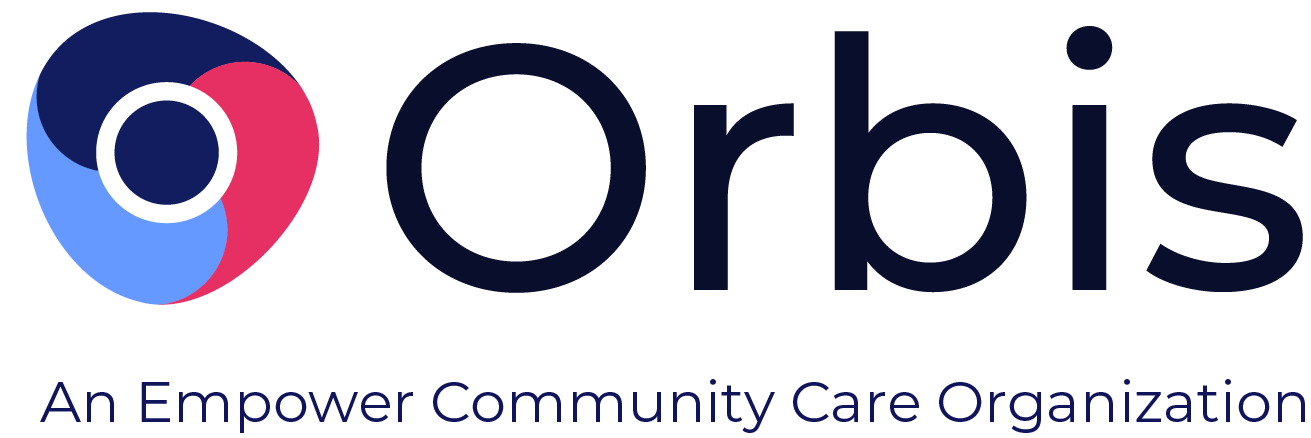Motivational Interviewing (MI) is a collaborative, person-centered counseling approach that helps individuals resolve ambivalence and tap into their own reasons for change. Instead of prescribing solutions, it creates a respectful dialogue where people feel heard and empowered to make choices about their recovery. This person-centered approach is especially critical when addressing substance use, as resistance and uncertainty can be strong.
Motivational Interviewing is increasingly viewed as an evidence-based substance abuse intervention, with studies suggesting it can effectively reduce substance use and improve treatment retention. Today, it is widely applied in behavioral health, corrections, community treatment settings, and more.
In this blog, we'll explore the core principles of Motivational Interviewing, review the evidence supporting its effectiveness, break down practical techniques, and show how it strengthens other treatment models.
Core Principles of Motivational Interviewing in Substance Use Treatment
A core belief in Motivational Interviewing is that lasting change happens when people feel respected, heard, and empowered. Instead of pushing clients toward change, Motivational Interviewing invites them to explore their own reasons for reducing or stopping substance use. This approach is especially valuable for those who are ambivalent about treatment, specifically those who may recognize the harms of substance use but feel uncertain about giving it up.
Motivational Interviewing is built on four key elements:
- Partnership: A collaborative relationship in which the client and practitioner work together as equals.
- Acceptance: Respecting the client's autonomy, showing genuine empathy, and affirming their worth.
- Compassion: Prioritizing the client's well-being and acting in their best interest.
- Evocation: Drawing out the client's own motivations, values, and goals.
These elements are brought to life through four interwoven processes: engaging, focusing, evoking, and planning. Rather than confronting resistance, Motivational Interviewing "rolls with it" by helping clients recognize the gap between their current state and their desired outcome. This gentle guidance lowers defensiveness, strengthens trust, and ignites intrinsic motivation for change.
What Evidence Supports Motivational Interviewing for Substance Abuse Treatment?
Research consistently shows that Motivational Interviewing produces meaningful results for individuals struggling with substance use. A Cochrane Drugs and Alcohol Group review of 93 randomized controlled trials involving more than 22,000 participants found that Motivational Interviewing reduces substance use compared to no intervention at all and outperforms assessment and feedback at mid- and long-term follow-ups. While results vary across studies, these findings highlight the potential of Motivational Interviewing as a powerful early intervention.
Beyond reducing substance use, Motivational Interviewing improves engagement and retention in treatment. Studies show that clients (whether adolescents, adults with co-occurring disorders, or justice-involved individuals) are more likely to stay in treatment programs and follow through on recovery goals when practitioners implement Motivational Interviewing as an intervention.
Importantly, Motivational Interviewing is most effective when delivered with fidelity by trained practitioners. According to research, it often shows the most significant impact when paired with other evidence-based substance abuse programs, such as cognitive-behavioral therapy or group counseling. Its flexibility makes it suitable for diverse settings, from healthcare clinics to correctional facilities and community-based programs. And this flexibility means it can reach individuals at various points in their recovery journey.
Practical Motivational Interviewing Techniques for Substance Use Recovery
At the core of Motivational Interviewing are the OARS skills, which provide structure for productive dialogue:
- Open-ended questions: Invite clients to share their story in their own words, helping to uncover their motivations and challenges.
- Affirmations: Recognize and reinforce a client's strengths and efforts, building confidence.
- Reflective listening: Demonstrate empathy by repeating or rephrasing what the client has shared, deepening understanding.
- Summarizing: Gather key points, reinforce progress, and set the stage for next steps.
When used consistently, the OARS skills elicit change talk, which are statements that indicate a desire or willingness to alter substance use behaviors. For example, the CDC outlines how a practitioner might ask about the pros and cons of substance use to help the client explore both sides of their ambivalence. They might use a readiness ruler like, "On a scale of one to ten, how ready are you to make this change?" to gauge commitment and open the door for deeper discussion.
Additionally, the DARN-CAT framework (Desire, Ability, Reason, Need, Commitment, Activation, Taking Steps) offers a roadmap for listening and responding to language that signals movement toward change. These techniques help gather information, but they also empower clients to find their own motivation, strengthen the therapeutic alliance, and create momentum for action— whether that means starting harm reduction strategies or entering treatment.
Motivational Interviewing as a Foundation and Complement for Substance Abuse Programs
Motivational Interviewing is often the first step in a client's recovery journey. Used during intake or early sessions, it helps build trust and rapport. By creating a safe, collaborative space, Motivational Interviewing prepares individuals to engage more fully with structured interventions.
This approach works in conjunction with other evidence-based interventions, such as cognitive-behavioral therapy, contingency management, or structured case management, to increase buy-in, reduce resistance to change, and set the stage for more effective treatment.
Improve Case Planning and System-Wide Engagement
Motivational Interviewing techniques also strengthen case planning and improve communication between clients and providers. In corrections, healthcare, and social service settings, this consistent engagement across systems of care helps reduce dropout rates and supports long-term progress.
Maintain Fidelity Through Ongoing Training and Feedback
To implement MI techniques and strategies with consistency, ongoing Motivational Interviewing training and supervision are key. Orbis and other training organizations emphasize the value of continuous coaching, feedback loops, and fidelity monitoring to ensure practitioners stay aligned with Motivational Interviewing principles.
Motivational Interviewing: Key Takeaways for Substance Abuse Programs
Motivational Interviewing is a powerful, evidence-based approach that blends empathy and collaboration to address substance abuse effectively. It offers both a mindset and a skillset that guides professionals in helping clients uncover their own reasons for change and take meaningful steps toward recovery. When applied consistently, Motivational Interviewing improves treatment, engagement, and strengthens long-term outcomes.
Practitioners should view Motivational Interviewing as a crucial component of comprehensive, evidence-based substance abuse treatment programs. Ongoing training, supervision, and feedback ensure fidelity and keep this approach effective in real-world settings. When done well, it can transform conversations and lives.
Learn how Orbis Partners can help you implement Motivational Interviewing within your organization today.
Orbis Partners provides solutions for criminal justice and human services systems, specializing in designing and implementing services for at-risk client groups. Orbis' risk, needs, and strengths assessment tools are designed to guide the casework process by incorporating an individual's unique set of needs. For more information about our assessments, visit our Assessments page.


